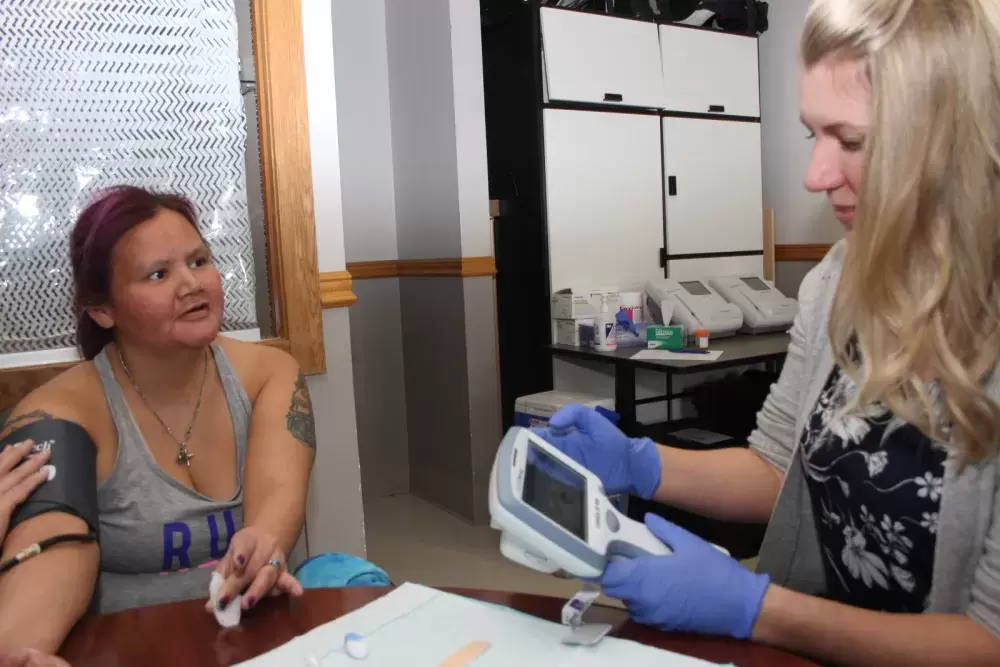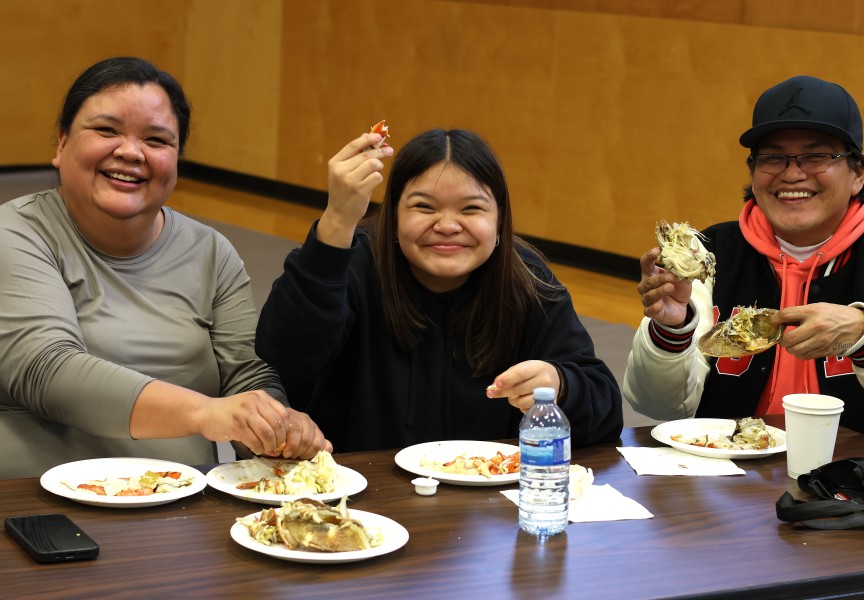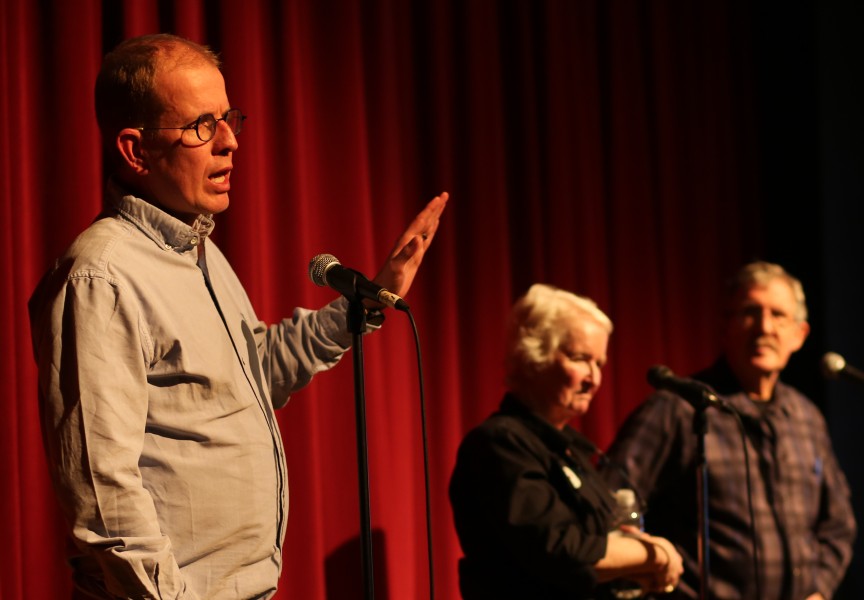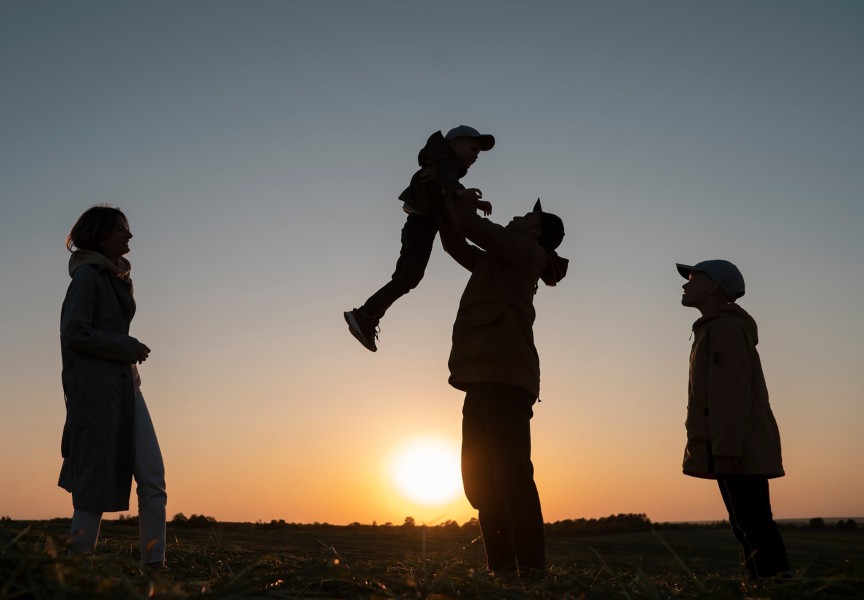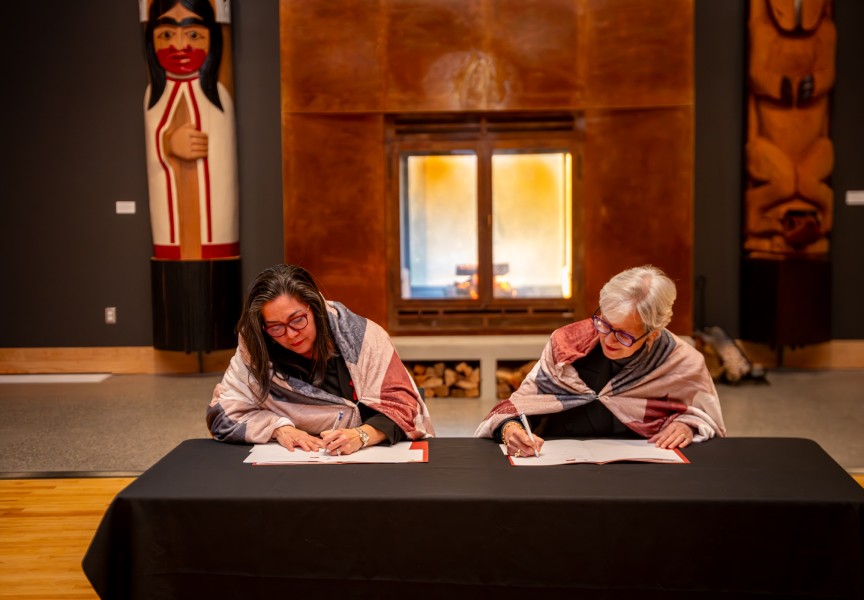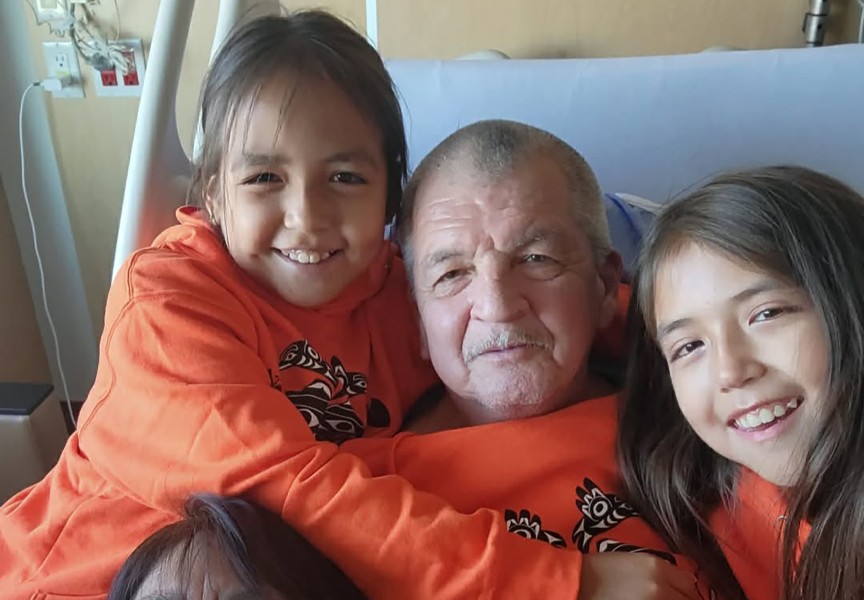Community-based kidney health assessments resume in early May, an early-detection strategy against a disease twice as likely to affect Indigenous people.
The screening is part of a preventive health initiative that began two years ago before it was interrupted by the COVID pandemic and travel restrictions.
Matilda Atleo, community health promotion worker for Nuu-chah-nulth Tribal Council (NTC), said three screening sessions are planned so far: May 2 at Port Alberni Friendship Centre, May 3 in Anacla-Bamfield and May 5 at Hupacasath First Nation.
“We’re still trying to have more screening as time goes by and things open up,” Atleo said.
Research in recent years has reinforced what was long recognized by patients, families and health practitioners: Indigenous Canadians in general have high rates of risk factors for chronic kidney disease (CKD), particularly diabetes. As well, they have higher rates of complications related to CKD, including kidney failure and vascular disease.
“Chronic kidney disease is often referred to as a silent disease,” said Catherine Turner, a senior research co-ordinator with First Nations Health Authority (FNHA) and Indigenous liaison for Can-Solve CKD Network, a patient-oriented health research network dedicated to kidney research with a national scope. “An individual can be carrying on throughout life not realizing their kidney health has declined dramatically.”
The kidneys are essential to good health, keeping the body in balance. They remove waste, toxins and excess water from the bloodstream through urine. They also make hormones to produce red blood cells and convert Vitamin D so that it can be absorbed.
Kidneys may be resilient. People can lose up to 90 per cent of their kidney function before they notice symptoms. Fortunately, there are ways to prevent people from getting sicker and early detection is key.
Turner cited the example of a young woman involved as an Indigenous patient to support the project. She was preparing to compete nationally in her sport, badminton, when required health tests revealed advanced kidney disease. Her kidneys were failing. She has since received a life-saving kidney transplant.
“That is a prime example of what can happen to people without their knowledge,” Turner said.
FNHA and the CKD Network are partnering with the Nuu-chah-nulth Tribal Council on a Kidney Check program, part of a provincewide initiative to assess the health of individuals living in Indigenous communities through blood pressure tests, urine samples, height and weight measurements as well as blood sampling.
Factors that contribute to CKD are complex, but the goal of the initiative is straightforward: To establish long-term, culturally safe kidney screening and treatment to reduce kidney failure in Indigenous communities.
Local screening sessions began in February 2020 in Port Alberni before they were abruptly stalled a month later by COVID (although a Tseshaht session was held last fall). In-person visits had to be temporarily halted, but the Kidney Check team added a virtual screening option for communities willing to try an online program.
Meanwhile, work has continued to improve program delivery and make screening more accessible, Turner said. For a start, Canadian Institutes of Health Research, a federal corporation that funds health and medical research, has granted an additional year of funding to compensate for the delay. Additional funding would enable community-based screening to continue well beyond that.
“We have applied for another four years of funding,” Turner said. “Kidney Check is identified as a priority project.”
One of the purposes of the initiative is to build capacity in rural and remote communities, Turner said. Over the past year, they were able to deliver three different virtual training sessions for nurses already working in communities who are now able to do screening without calling on outside resources.
“Through Nuu-chah-nulth Tribal Council, we’ve trained three registered nurses working with NTC who are now wholly qualified to deliver point-of-care screening,” she said.
The initiative is better equipped now with the addition of another virtual training module for community nurses. A new app is available for calculating an individual’s kidney failure risk equation using blood and urine samples. The equation was developed by Canadian researcher Dr. Navdeep Tangri for predicting the need for dialysis in patients with CKD using routine tests.
Turner stresses the importance of patient confidentiality throughout the process. People are assured full control over their results and may withdraw any time they choose.
“This is very much a self-determined, community-based, nation-led program,” she said. “Communities determine how they want to deliver it.”
Communities are offered three options for screening, including the option of having it provided solely by local health workers, by outside staff or a combination of the two if preferred, she said.
Screening takes about 45 minutes. Once the assessment is completed, individuals are presented with their risk, ranging from zero to high, of developing kidney disease over the next five years. If necessary, they can be referred to a nephrologist for further assessment within a month.
The First Nations hosting next week’s screening sessions are booking appointments, Atleo said. As well, people may contact her at 250-720-6141 to ensure the sessions have sufficient numbers to proceed.

